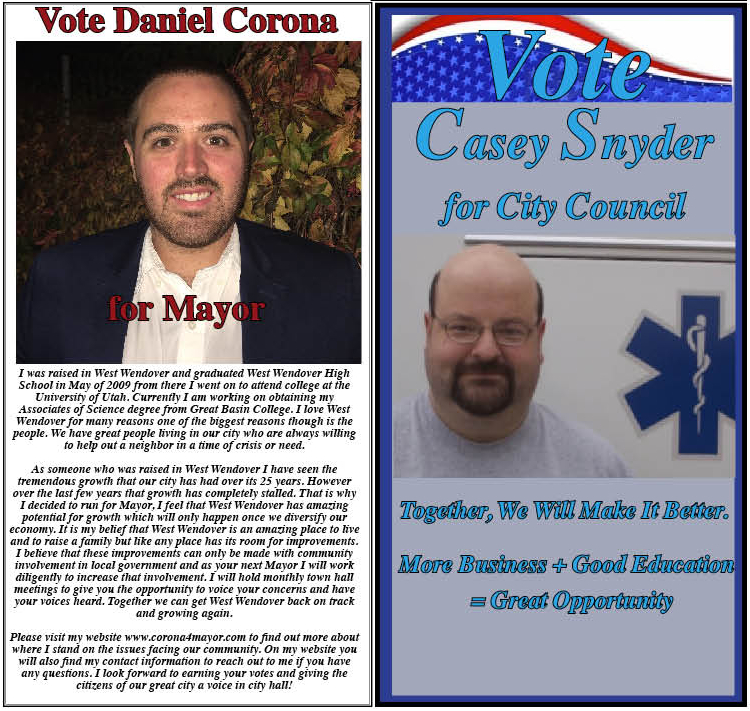Getting Our Act Together For America

The November eighth Presidential vote is coming soon. The votes will be cast and either Hillary Clinton or Donald Trump will be our next President. In January Barack Obama will move out of The White House and either Trump or
Clinton will move into The White House. We will have a new President and regardless who is elected a lot of people in our country will be unhappy.
A lot of people were unhappy four years ago and have always been at every
election. By the time this is over will the Clinton people and the Trump people even be able to speak a civil word to each other? If you are going to have a peaceful gathering with your family or large number of friends you are probably wise to not mention either name. The mere mention of either name brings a rise of rhetoric, debate and unfortunate anger. Most Americans who have given our issues and candidates much thought have a lot of passion about this election and each candidate. Social media has created a somewhat safe haven for people to share with candor how they feel about things related to this election. However, open support for eithercandidate means you can figure approximately fifty percent of your social media friends are ticked off at you and probably do not like you. When this election is over we had better try working together in this nation. I don’t see how we can survive another four years if we continue to fight
and bite each other. Our inner cities need for all of us to come together. Our
military needs a united America. Can you imagine fighting on the battlefield representing America while most of whom you are representing
are fighting each other? Our children and grandchildren need for us to pull
together. There will not be an America to enjoy if we don’t get our act together in this country.
By Glenn Mollette
Glenn Mollette is a syndicated columnist and author of eleven books.
He is read in all fifty states.
To Win African American Vote, Trump Must Fight Despair with a Job Plan
Donald Trump’s effort to woo black voters has gotten off to a rocky start.
The GOP nominee’s main argument — that black communities have been poorly served by Democratic leaders — is certainly powerful. But, as recent polls have shown, this strategy has yet to move the needle with African
Americans.
What’s missing from Trump’s appeal is a positive vision for how he will
improve the lives of black Americans. And a Republican proposal for
creating stable inner-city jobs is exactly the plan the Trump campaign
needs.
From Detroit to Washington, DC and Chicago, years of progressive policies have produced black communities plagued by dismally high levels of
unemployment and crime.
Look at the West Baltimore neighborhood of Sandtown-Winchester. This is
the birthplace of Freddie Gray, the young black man whose death while in
police custody sparked the riots that ravaged the city last year. Half of
the households in this area earn less than $25,000 a year, and the local
murder rate is double the citywide average.
Over the last decade, state and municipal officials have poured $130
million into Sandtown, specifically to spur local business growth and
create jobs. Their investments failed horribly. Unemployment didn’t budge.
The number of black-owned businesses actually fell.
It’s precisely these sorts of efforts that have created a sense of despair
in many black communities. Trump has a chance to replace that dreary
narrative with a hopeful vision that promises to put black Americans back
to work. Oddly enough, in crafting that plan, he’d do well to take his cue from the dreaded Carter Administration.
Back in 1977, the federal government experimented with a tax credit that
rewarded employers for making new hires. Every company that had expanded its workforce by at least 2 percent over the previous year was awarded a
tax credit worth up to $2,100 per employee — about $8,400 in today’s
dollars.
This credit goosed job growth. But since it expired after one year, it
didn’t make a substantial dent in the ranks of the unemployed.
In 2010, federal lawmakers briefly resuscitated this idea specifically to
address the problem of the long-term unemployed. That program offered a
$1,000 credit for hiring workers that had been jobless for at least 60
days.
Now imagine a permanent policy that combines elements from both of these initiatives. This new tax credit would cover the long-term unemployed for the first five years after they’ve secured a job. It would offset fully 100
percent of wages — up to, say, $24,000 — for the first year and gradually
taper off over the following four.
Such a credit would defray the costs of hiring and encourage companies to
expand. The policy would generate the kinds of long-term employment that
can transform the lives of inner-city residents.
To pay for the tax credit, Trump can propose targeted cuts to progressive
programs that aren’t working.
It’s not enough for Trump to criticize the progressive programs holding
back black communities. He needs to offer a hopeful vision of his own. A
tax credit that grows jobs from the bottom-up would provide inner city
communities with the opportunity and self-respect that Democratic leaders
have failed to deliver.
By Thomas Tucker and Yuri Vanetik
Thomas Tucker is the co-founder of The New Majority. Yuri Vanetik is a
Lincoln Fellow at the Claremont Institute and serves on the national board
of Gen Next and the Gen Next Foundation

